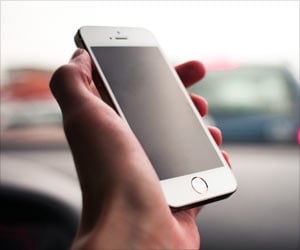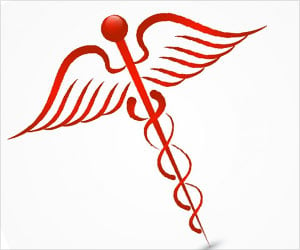The patients in the hospital show more interest to track information based on their health along with doctors. Use of models, approaches, and mechanisms like Fitbits for physical activity and glucose monitors for diabetes can help patients to understand their health status easily.

‘The patients in the hospital are eager to track information based on their health along with clinicians. But, tracking health data in the hospital is difficult for patients. Use of models, approaches, and mechanisms that are used by people outside of the hospital such as Fitbits for physical activity and glucose monitors for diabetes can help patients to understand their health status in hospital easily.’





The findings uncover new directions for researchers in the field of human-computer interaction, said Andrew Miller, one of the researchers and an assistant professor in the Department of Human-Centered Computing in the School of Informatics and Computing at IUPUI.The researchers reported their findings in a paper, ?"Supporting Collaborative Health Tracking in the Hospital: Patients' Perspectives," that was published by the 2018 ACM CHI Conference on Human Factors in Computing Systems, the premier international conference of human-computer interaction.
Previous studies have shown that patients have a better care experience -- and a better health outcome -- when they are engaged in their care, compared to disengaged patients.
But tracking health data in the hospital isn't easy for patients. One of the challenges is that much of a patient's health information is presented verbally. Access to information depends on their alertness and their ability to recall what was said.
"The big idea for this paper was to consider bringing into the hospital the models, approaches, and mechanisms that human-computer interaction research has generated for people outside of the hospital to track their physical activity, with devices like Fitbits, and help them manage chronic health conditions like diabetes with glucose monitors," Miller said.
Advertisement
The researchers first questioned patients and their caregivers about what kind of information they would want to track, Miller said.
Advertisement
In fact, he said, researchers were surprised by the degree of interest among patients in tracking their health data. "There was a palpable sense in patients that this is actually something they could use right now."
At the same time, however, patients don't want to track the data by themselves, Miller said: "They're interested in partnering with their care team to get better and doing what they can to help."
Source-Eurekalert










